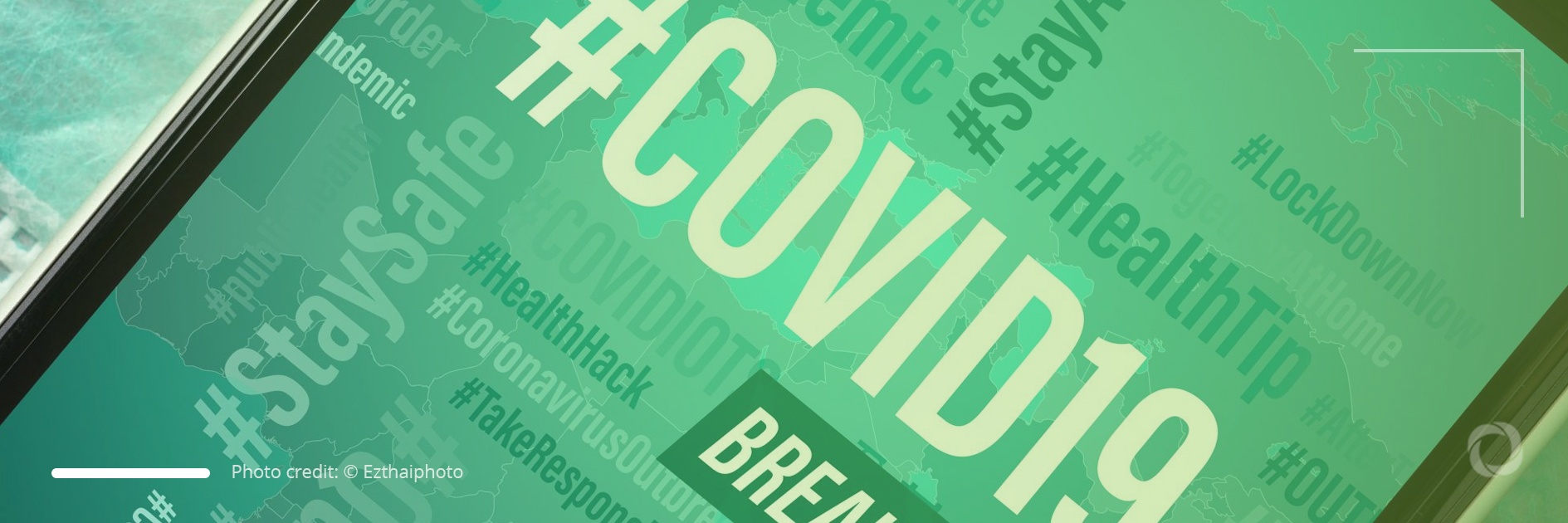Health misinformation is undermining the U.S. response to COVID-19, thus extending the pandemic. As many as 67% of unvaccinated adults in the U.S. have heard at least one myth about the COVID-19 vaccine and either believed this to be true or were unsure of its accuracy, the KFF Vaccine Monitor has discovered.
Although the U.S. faces no vaccine shortage, the country appears to have failed to persuade about 40% of its population to be inoculated. So far, 73% of the population has received one dose, while 62% have been fully vaccinated (205,811,394 people). As experts have recently warned that the initially estimated 60-70% herd immunity level might be too low to acquire national resistance to coronavirus, the current vaccination rate might further thwart the U.S. plans to return to normal.
Against this background, U.S. Surgeon General Dr. Vivek Murthy described health misinformation as “an urgent threat to public health” adding that “it can cause confusion, sow mistrust, and undermine public health efforts, including our ongoing work to end the COVID-19 pandemic.”
With regard to the sources of misinformation, TV news and Facebook were the top two in the early days of the pandemic, Medical News Today reported. Researchers concluded that people who gleaned health information from TV news were the most misinformed, followed by those who learnt information from Facebook. At the same time, 42.8% of people who received COVID-19 information from government health sites proved to be the most knowledgeable.
A report commenting on the spread of true and false news online revealed that fake news was 70% more likely to be shared than true stories. Thus, health professionals, researchers, and policymakers broadly agree on the necessity of controlling and combating health misinformation.
“From the tech and social media companies who must do more to address the spread on their platforms, to all of us identifying and avoiding sharing misinformation, tackling this challenge will require an all-of-society approach, but it is critical for the long-term health of our nation,” noted the U.S. Surgeon General.
The United States had the highest number of COVID-19 cases in January 2021 following the 2020 holiday season. Last month, the United States exceeded 50 million cases of COVID-19 and 800,000 deaths since the beginning of the pandemic. The numbers of positive cases and hospitalizations have increased due to high levels of community transmission. These rising numbers and the recent emergence of the Omicron variant continue to stress the importance of prevention strategies to reduce the spread of the virus.

